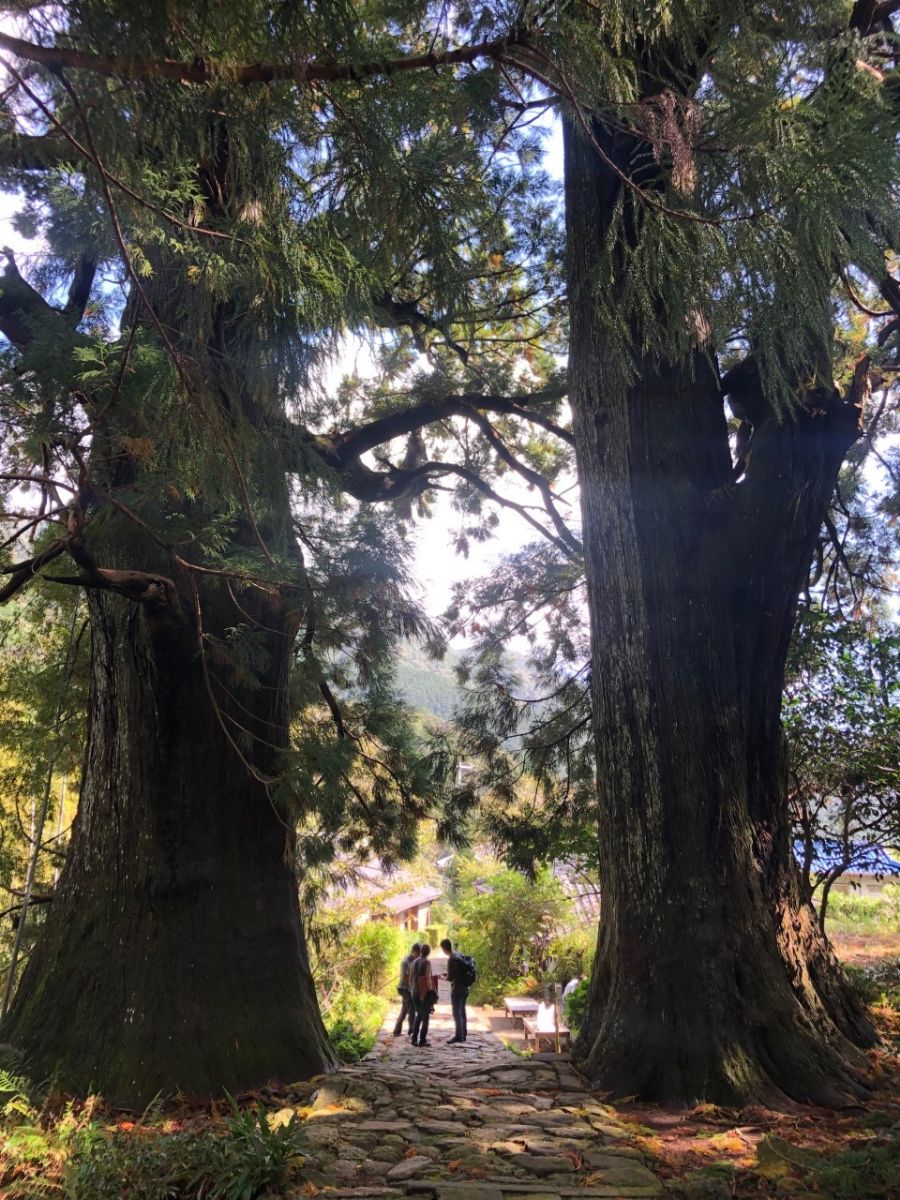Breche de Roland
Pyrenees, France/Spain
William Mackesy’s account of this walk
This great trail, one of Europe's finest, starts very
immediately from a carpark at 2,000m on the Col de Tentes, west of Gavarnie, on
the broken remains of a road hugging the steep hillside to the nearby Port be
Boucharo and the Spanish border. Across the deep grassy valley up which the old
trade route from Gavarnie winds to the border (and up which you can flog if you
are a purist or a masochist), you look straight onto the tremendous cliffs that
climb to the high ridge that separates France from Spain. After a gaze into the
typically Pyreneean valley - grassy sides below crags and serrated ridgetops -
that drains, somehow confusingly, west into Spain - you are contouring on a
series of balconies in these cliffs back towards the high cliffs and shelves
above Gavarnie's famous cirque, which remains stubbornly invisible throughout,
far below and behind intervening crags.
We are heading east toward the Brèche de Roland, a huge gap in the cliff-line
of such peculiarity, mainly because of its size and sheer-sided symmetry, that
it resembles a broken tooth in a perfect face, or a dying hero’s sword-mite,
which is how the Roland legend has it. In fact, the area has been carved by
mighty glacial forces, which, above the extraordinary cirque, have carved the
nation-dividing high ridge into a narrow spine and then broken through at the
brèche.
This balcony walk is heart-swellingly beautiful and dramatic. After an hour or
so, we turn south into the lower reaches of a high sub-cirque. After a bit of a
slog, we are crossing a frigid stream beside a waterfall, then climbing, beside
what our map calls a glacier but which looks like a steep icefield (to ask:
when does a long slope if ice become a glacier?), under very perfect orange
cliffs, to the Sarradets ridgetop. What a
place for a snack. We can now see across the top of the Gavarnie cirque to the
top end of the famous waterfall (claimed to be Europe's highest) cascading into
the cirque, and on to the vast broken Marboré massif to the east.
The Rufuge de Sarradets is 5 minutes on, and is superbly sited, with similar
eastern views but also with a clear view up toward the Brèche and the high
cliffs, then an immaculately clear sky.
From the refuge we work up a steep spine of shale, which looks like a glacial
leftover. To our right is a long slope of permasnow. Above is a low cliff of
brown limestone over which a river of white stones has spilled over the
millennia from the great line of ridgetop cliffs far above.
Over the cliff-edge, we get a proper look at the final approach, a swing up a
steep "glacier" (another static ice-slope), then a scramble up a
final rock-face for a sudden-feeling arrival at the great gap in the cliffs. The
ice is slippery, so I at last feel for the footholds with some care as the long
slide to the rocks at the bottom has little appeal.
You are struck by how narrow the great range-top wall is,
and how high. This really is an extraordinarily atmospheric place, and the
photos I have seen have never done justice to the huge scale of the walls and
the perfectly-cleft gap. The views are of course to die for (which you could),
and utterly different: the sheer rock faces and moist greeneries to the north
contrast with the dry ridges receding bluely to the invisible plains of Spain
to the south. Immediately below us is a bare, pale beige, wedding cake of
alternating steeps and layers, immediately behind it the lips of the vast
Ordesa Canyon, our objective for tomorrow. We lunch in the French-side lee.
There a lot of incongruous white butterflies holding their own in the wind.
A steep but easy and in places shale-slidey drop away from the brèche gets us
to a path that descends an incipient canyon, then crosses wildly broken lanes
of vertical strata of limestone. We are skirting round over crazed wreckage,
then scrambling across an almost-cliff round to a pass, in order to avoid
dropping to a deep, flat plano from
which we would have to climb back. We are grateful.
We sit and watch a herd of female izard (Pyraneean chamois) grazing nonchalantly
on the hillside across the flat pass. Reggie, the Great Hunter, can’t resist
stalking them over the flat, empty pass top. They take a while about it, then
take off, still pretty coolly, leaping down drops with impossible abandon.
We follow Reggie across to the far hillside, and crunch
round its northern flank on shale chips, another rather remarkable stretch of walking.
We swing south toward an upper side gorge the Ordesa, taking seats by huge flat
boulders for a viewing across to the gorge’s enormous upper cliffs. We can see
tomorrow’s path, the Faja de Pelay, teetering rather incredibly along an upper
balcony.
We wind back north through a maze of faintly weird lanes worn into the bare
limestone pavement, then swing east and up to a low ridge, from which we gain a
beautiful and again faintly weird view of small parallel valleys separated by low walls of
limestone. A steady descent get us to a superb viewpoint over the wide basin
with its alternating levels separated by low cliffs, apparently another cirque, although less
shoutingly so, which feeds the upper Ordesa canyon. Wonderful walking, bouncy
grassy alternating with water-etched pavements of limestone, get us to the
valley-end, where the sandy soil is reminiscent of the seaside. Through a
narrow gap in a wall, we are clambering down a nearly-sheer wall of broken limestone
high above the basin.
A final tramp down across a delightful grassy slopes gets us to the Refugio de
Góriz, basking in the afternoon sun. Its stream burbles through smooth-worn
limestone pools, and Reg and I can’r resist a bathe, although it is of course
bleedin’ cold. The refuge is old-style, our dormitory packed with very narrow
cramped mattresses. We feel personal space issues coming on, but it turns
out fine: we are able to spread out a bit.
We sit and chat in the sun on the slightly charmlessly bare terrace. I go a
couple of hundred metres off, to the lip of the hillside, and look down gorge,
snoozing briefly in the warmth. Delightful.
A hearty supper and cheerful chat in a
fuggily full common room.






